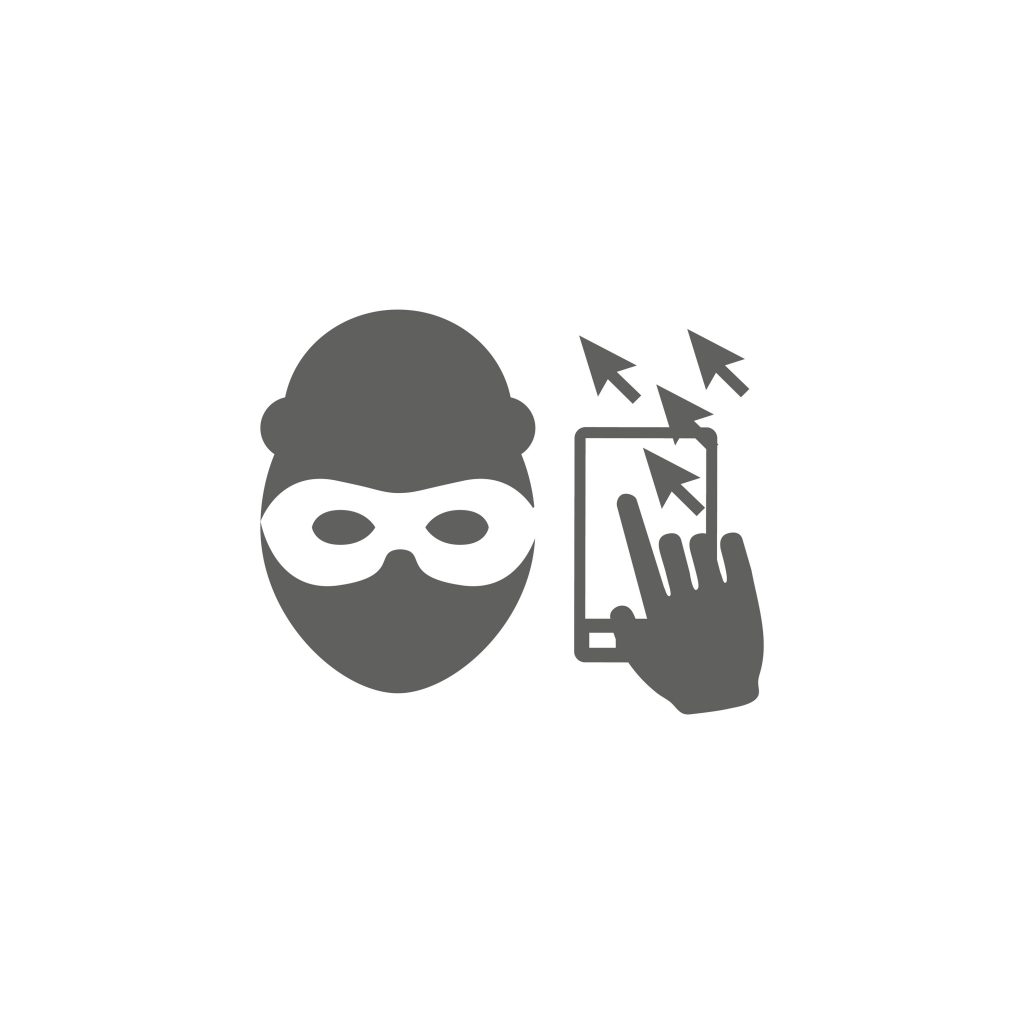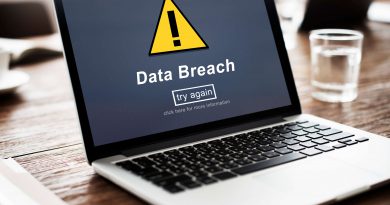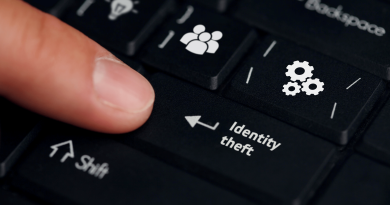Hacker Gives Away Millions Worth of Stolen Records from the Dark Web
Cybercriminals continue to steal private information online. Hackers have taken more than AUD 2million through identity theft since the beginning of 2020. Some of these hackers have gone as far as putting stolen information up for sale on the Dark Web, an unregulated part of the Internet that is most commonly associated with illegal practices. The Dark Web is a collection of websites on an encrypted network that is carefully hidden from popular web browsers and search engines to avoid getting caught.

Last month a hacker (or a group of hackers) only known as ‘ShinyHunters’ released millions of dollars’ worth of personal information stolen from various data breaches this past year. The data offered for sale included the victims’ real names, their email and home addresses, phone numbers, and other sensitive information that would compromise the victim’s privacy. The stolen data was initially put up for sale at the Dark Web for as much as $100,000USD before being released for free, with the hackers claiming they have ‘made enough money now.’
To keep your private data secure at all times, ensure you use these best practices:
- Limit what you share online. Always treat your personal information as something you should only share when necessary for a legitimate reason.
- Set your social media privacy settings to ‘private.’ To avoid identity theft ensure that you’re only sharing photos or posts with people that you know and trust. Do not accept friend requests from strangers on your social media platforms.
- Beware of phishing scams. Do not answer text messages, emails, or phone calls from random strangers or suspicious phone numbers. If you are not expecting to be contacted by strangers, avoid answering calls or messages from random individuals or companies.
- Make sure the links you click are from legitimate sources or organisations. Hackers and other cybercriminals might try to trick you into clicking links through giveaways or promotions by asking for personal information. Before clicking anything, make sure it is from a legitimate organisation. Remember that if it is too good to be true, it’s most likely a scam in the making.
- Invest in security software that will monitor if your personal information has been exposed. To be on top of your information safety, always make sure that your devices and online data are secure. Trend Micro has ID Security that will help protect you from criminals attempting to steal your identity. It will monitor if your private data is circulating the Dark Web and alert you immediately once it finds something amiss.
You can secure your data with these best practices listed above and by using your common sense online, just as you would in real life. In case of identity theft or other cyber-related crimes, report it to Scamwatch.




